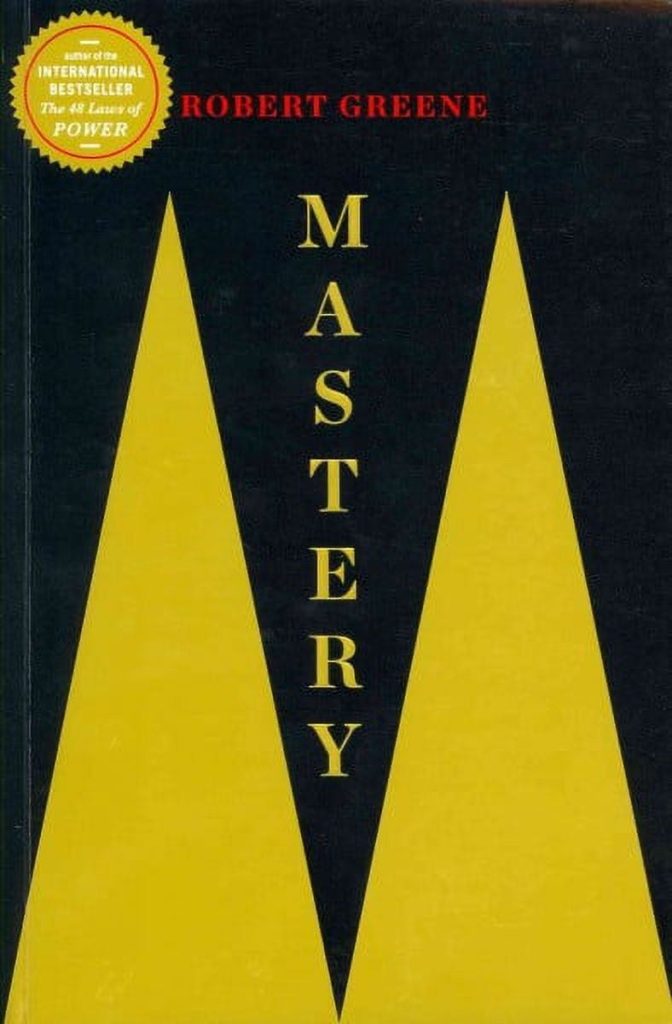
Finding your purpose is not about waiting for a lightning bolt of inspiration or following someone else’s path. It’s about uncovering what already lies within you—your natural inclinations, passions, and curiosities. Drawing from Robert Greene’s Mastery, this guide will help you discover your purpose by tuning into your inner compass and aligning your life with your unique strengths. See How to Stand Your Ground.
Step 1: Return to Your Roots—Reconnect with Your Childhood Inclinations
Your earliest interests and passions often hold the key to your purpose. As a child, you were free from societal pressures and expectations, allowing your natural inclinations to surface.

- Reflect on your childhood: What activities did you lose yourself in? What did you love to do before the world told you what you should do? Whether it was drawing, building, solving puzzles, or helping others, these early inclinations are clues to your innate talents.
- Identify patterns: Look for recurring themes in your interests. Did you love storytelling? Were you fascinated by how things worked? These patterns point to your deeper inclinations.
Step 2: Embrace Your Uniqueness—Your Differences Are Your Strengths
Society often pressures us to conform, but your quirks and idiosyncrasies are what make you unique. Your purpose is tied to the ways in which you see and experience the world differently.
- Own your uniqueness: Instead of hiding what makes you different, lean into it. Your unconventional perspective or unusual interests could be the foundation of your purpose.
- Resist comparison: Comparing yourself to others distracts you from your own path. Focus on what excites you, not what others are doing.
Step 3: Cultivate Deep Curiosity—Follow What Fascinates You
Purpose is not something you find; it’s something you cultivate through exploration and curiosity. Your inclinations are like breadcrumbs—follow them, and they will lead you to your purpose.
- Explore relentlessly: Dive into subjects, hobbies, or skills that intrigue you, even if they seem unrelated or impractical. The more you explore, the clearer your path will become.
- Ask questions: Curiosity is the engine of mastery. Ask why things work the way they do, and seek to understand the deeper principles behind what fascinates you.
Step 4: Develop Patience and Resilience—The Apprenticeship Phase
Finding your purpose is a process, not an event. Like the apprentices in Mastery, you must be willing to invest time and effort into developing your skills and understanding your craft.
- Embrace the grind: Mastery requires patience and persistence. Commit to the daily practice of honing your skills, even when progress feels slow.
- Learn from failure: Mistakes and setbacks are part of the journey. Treat them as opportunities to learn and grow, rather than reasons to give up.
Step 5: Align Your Life with Your Inclinations—Create a Life of Purpose
Once you’ve identified your inclinations and begun to develop your skills, the next step is to align your life with your purpose. This means making choices that reflect your true passions and values.
- Eliminate distractions: Let go of activities, relationships, or commitments that drain your energy or pull you away from your purpose.
- Build momentum: Focus on small, consistent actions that move you closer to your goals. Over time, these actions will compound into significant progress.
Step 6: Trust the Process—Your Purpose Will Reveal Itself
Purpose is not a fixed destination; it’s a dynamic, evolving journey. As you follow your inclinations and deepen your mastery, your purpose will become clearer.
- Stay open to change: Your interests and goals may shift over time. Embrace this evolution as part of your growth.
- Trust your instincts: Your inclinations are your inner compass. The more you trust and follow them, the more aligned your life will become.
Step 7: Contribute to the World—Turn Your Purpose into Impact
True purpose is not just about personal fulfillment; it’s about using your unique gifts to make a difference in the world.
- Find your niche: Identify how your skills and passions can address a need or solve a problem in the world.
- Give generously: Share your knowledge, creativity, or expertise with others. Contribution is the ultimate expression of purpose.
Final Thought: Your Inclinations Are the Path to Mastery
Your purpose is not something you need to invent—it’s something you uncover by following your natural inclinations. Like the great masters throughout history, you have a unique contribution to make. Trust your instincts, embrace the journey, and let your purpose unfold.
As Robert Greene writes in Mastery, “The future belongs to those who learn more skills and combine them in creative ways.” Your inclinations are the raw material for your mastery. Follow them, and you will find not only your purpose but also your place in the world.







